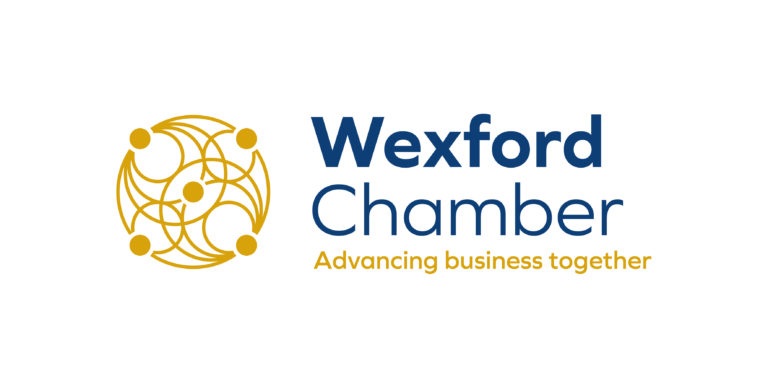Chamber network survey 97% of businesses oppose VAT increase

Wexford Chamber in conjunction with Chambers Ireland has published a survey indicating overwhelming business opposition to proposals to make employers liable for costs associated with sick leave. Survey results also indicate strong business opposition to proposals to increase VAT rates. While respondents were very supportive of Government proposals to reform the public sector they also indicated that that the reforms proposed do not go far enough.
Commenting on the survey findings Wexford Chamber’s Ireland’s Chief Executive Madeleine Quirke said, “The results of this Chamber network survey are stark in terms of confirming business unease regarding proposals to increase VAT by 2 percent and to push costs associated with employee sick leave onto employers. Although Government has indicated that a hike of 2pc will deliver an increase of almost €670m in VAT revenues, given recent monthly VAT returns, this estimate seems very optimistic. We call on the Government to publish its analysis of the likely impacts of such an increase. Past experience would call this estimate into question.”
Turning to the proposals to transfer the responsibility of sick pay compensation from the Department of Social Protection to individual employers in the first month of illness, Quirke continued “not only will this sick pay proposal increase labour costs for already struggling businesses, over 97% of those surveyed said that this would make them less likely to hire new staff. The Government needs to focus on creating confidence and support among business, rather than finding new ways to increase their costs.”
Tony Lambert, Chair of Chambers Ireland’s CEO forum added “the impact of VAT rises in 2008 was devastating and now while currency movements are working in our favour, we do not want to jeopardise progress. Over 92% of those surveyed feel that a VAT increase will not aid economic recovery in the long run. The Government must be mindful of the negative impact of hiking VAT rates and increasing labour costs at this time. It should instead focus on cutting costs rather than taking easy options which will hurt businesses across the State,” he concluded.
